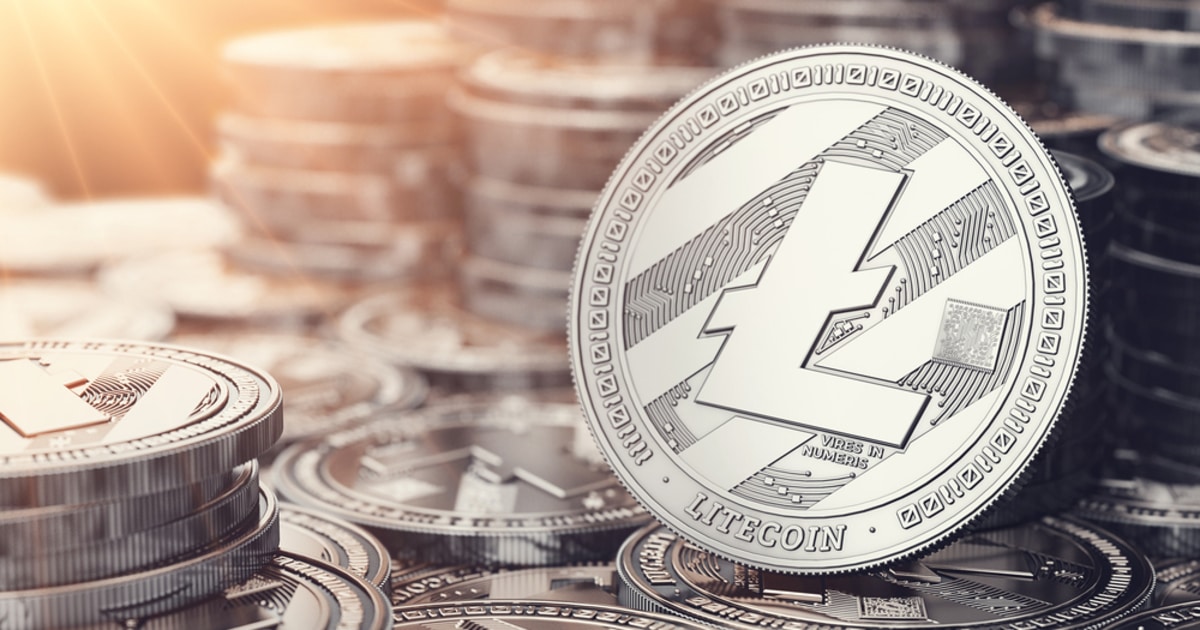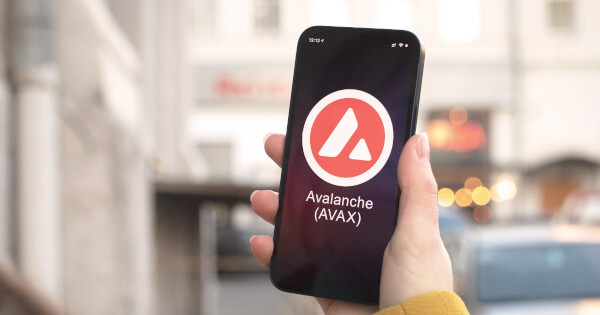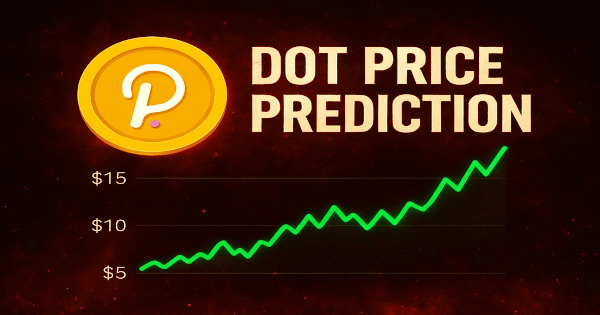For those new to the scene thinking about bitcoin as an investment but who may be reluctant, let’s make a rational case for bitcoin. There is a lot of FUD floating around these days… the technology has stagnated, it’s zero sum game, etc.
To start, let’s dissect the role of fiat creation, how this new money flows into the economy, and why investors see Bitcoin as a hedge against the impact of fiat creation. We can break it down into a few key points:
- USD Creation and Federal Government Monetary Policy
The Federal Reserve controls the supply of USD, primarily through mechanisms like quantitative easing (QE), interest rates, and the purchase of assets like government bonds. In times of economic need or crisis, the Federal Reserve prints new money to inject liquidity into the economy. During the COVID-19 pandemic, for instance, trillions of dollars were created to stimulate the economy.
This newly created money is introduced into the financial system through various means, such as stimulus packages, lending facilities, or bond-buying programs. The idea is to spur spending, investment, and economic growth by making money more available and lowering borrowing costs. The result of this process is an increase in the overall money supply—often referred to as M2, which includes cash, deposits, and easily convertible short-term assets. We see M2 increasing now, due to current fiscal policy.
- Flow of Money into the Economy
Newly created dollars flow into the hands of banks, businesses, and individuals through lending, government spending, and financial markets. This money circulates throughout the economy, funding infrastructure, corporate investments, consumer spending, and more. Over time, the continuous injection of money into the economy can dilute the value of existing dollars, resulting in inflation. As inflation rises, the purchasing power of each dollar declines, meaning goods and services become more expensive relative to a dollar held today.
- The Problem: Inflation and Currency Devaluation
Inflation is an inherent feature of fiat currencies like the USD due to the expansionary nature of modern monetary policy. While moderate inflation is considered normal, the risk is that large-scale money creation can lead to hyperinflation or a significant erosion of wealth. The value of the USD is not fixed but continually fluctuates based on policy decisions, economic factors, and government debt levels. Over time, this erodes the purchasing power of savings held in USD.
For example, the value of the dollar has decreased by over 95% since the Federal Reserve was created in 1913, which means that what you could buy with $1 back then would now cost over $25.
- Why Investors Turn to Bitcoin: A Hedge Against Monetary Expansion
Bitcoin, in contrast to the USD, has a fixed supply. There will only ever be 21 million bitcoins, as governed by its underlying protocol. Unlike the USD, Bitcoin cannot be printed or manipulated by central banks or governments. This limited supply makes Bitcoin deflationary in nature, meaning it appreciates in value over time as demand increases and supply remains constant.
Investors view Bitcoin as a store of value similar to gold. As more money is created, and the purchasing power of fiat currencies declines, Bitcoin’s scarcity and decentralized nature offer protection from inflationary pressures. Bitcoin allows investors to opt-out of the traditional financial system, which is heavily influenced by government policies. By holding Bitcoin, investors protect their wealth from the devaluation that occurs when more fiat currency is introduced into the economy.
Hedging against uncertainty: The continual printing of USD and the potential for future crises or unsustainable debt levels create uncertainty in traditional financial systems. Bitcoin, by contrast, is governed by code, and its supply is known and predictable, making it an attractive hedge.
- Bitcoin is Not a Zero-Sum Game
A zero-sum game implies that for someone to win, someone else must lose. Bitcoin, however, offers an opportunity for individuals to participate in a system that grows over time, primarily due to M2 expansion. Additionally, As Bitcoin adoption increases globally, and as it becomes more integrated into financial systems, the value of the network itself grows (similar to how the internet expanded).
Bitcoin’s rise in value isn’t about taking wealth from others but about creating an alternative financial system where value is derived from its adoption, utility, and protection against inflation. The Bitcoin network is open to all, and those who invest early benefit from the long-term increase in value as its network effect grows.
Conclusion: Why Bitcoin?
The USD’s continual creation by the Federal Reserve leads to a slow erosion of purchasing power due to inflation. This isn’t inherently a bad thing for stimulating the economy, but for savers and long-term investors, it poses a risk. Bitcoin offers a hedge against this constant expansion by presenting an alternative that cannot be inflated away. Its scarcity and decentralized control make it an ideal asset for those looking to preserve their wealth over the long term. As Bitcoin adoption grows, its utility and value increase, making it an expanding system that rewards participants rather than a zero-sum game.
Bitcoin is simple. The technology doesn’t need to evolve. It is sufficient to simply serve as a store of value. Fiscal policy will play out, and we will inevitably see fiat flow from the printers to the blockchain. So, grab yourself some corn. Be patient. We’ll continue to be surprised where this thing goes.
[link] [comments]

You can get bonuses upto $100 FREE BONUS when you:
💰 Install these recommended apps:
💲 SocialGood - 100% Crypto Back on Everyday Shopping
💲 xPortal - The DeFi For The Next Billion
💲 CryptoTab Browser - Lightweight, fast, and ready to mine!
💰 Register on these recommended exchanges:
🟡 Binance🟡 Bitfinex🟡 Bitmart🟡 Bittrex🟡 Bitget
🟡 CoinEx🟡 Crypto.com🟡 Gate.io🟡 Huobi🟡 Kucoin.















Comments